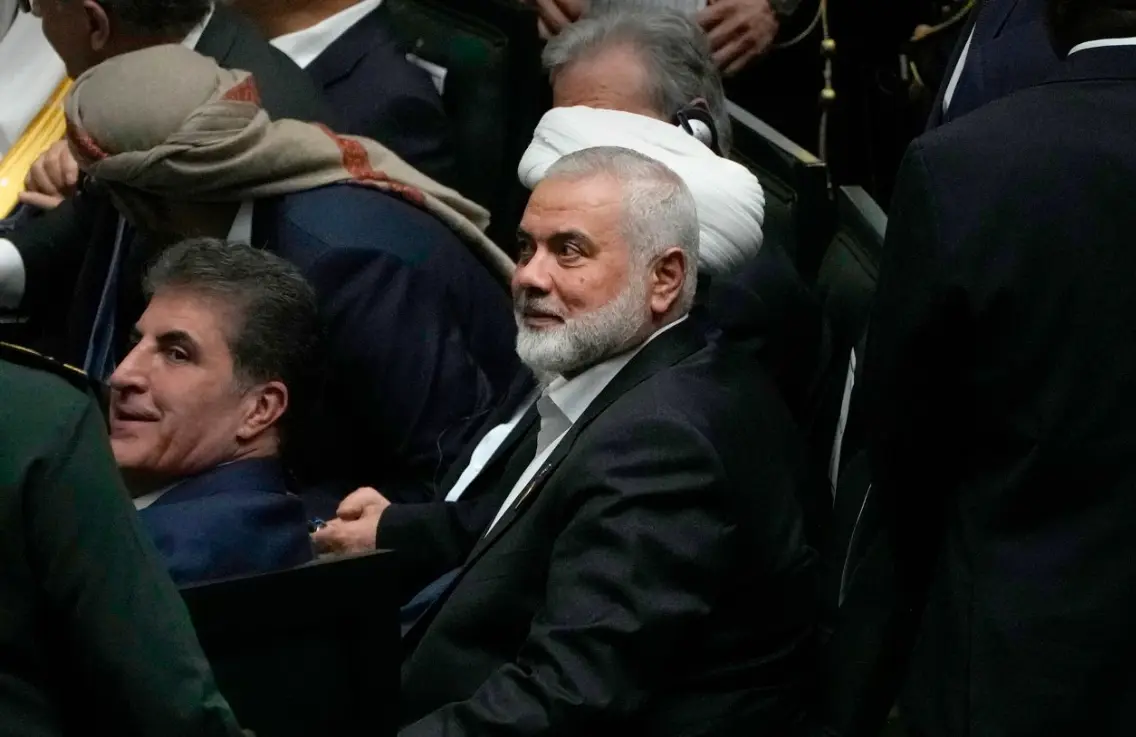Assassination of Hamas Leader Ismail Haniyeh in Iran Sparks International Tensions
TEHRAN, July 31, 2024 — The Middle East braces for heightened tensions following the assassination of Ismail Haniyeh, a top leader of Hamas, in a pre-dawn strike in Tehran. The attack has attracted international condemnation because it will escalate tensions in already war-torn Gaza. Iranian leaders have also made threats of retaliation, escalating the tensions in the region.
Mr. Haniyeh was killed when he was in Tehran to attend the inauguration ceremony of Iran’s newly elected president. He was there with other top members of Iran’s axis of resistance.
Hamas and Iranian media immediately pointed fingers to Israel but Israel’s military has neither confirmed nor denied the attack. Haniyeh’s presence was crucial to its high-stakes negotiations and regional diplomacy.
The killing came at an already tense moment because it came on the heels of a separate attack on a Hezbollah commander in the suburbs of Beirut. It was expected that an agreement would be reached soon to pause the almost 10 months war in Gaza that is leading to a great humanitarian crisis.
Haniyeh was one of the top negotiators in the ongoing talks that Qatar, the USA, and Egypt are mediating, to end the war in Gaza. In return, Israel demands the hostages back that Hamas has captured.
Ayatollah Ali Khamenei, Iran’s Supreme Leader, was swift in his response, stating, “This blatant act of aggression on our soil will not go unanswered. Israel has crossed a red line that will have severe consequences.” This statement underlines the potential for a significant military and diplomatic fallout from the incident.
The attack raises a question about Iran’s ability to protect the leader of an ally within its borders especially when he met the supreme leader Ayatullah Khamenei just a few hours before his death.
Palestinian groups have unified in their grief and anger, with President Mahmoud Abbas describing the act as “a blatant assault on our people and their aspirations for peace and dignity.” Abbas called for national unity and resilience in facing what he termed “ongoing provocations and injustices.”
The international community has reacted with a mixture of shock and caution. The European Union and the United States have both issued statements urging all parties to exercise restraint and to avoid any actions that could lead to any escalation of violence.
Meanwhile, analysts are cautioning that the assassination could derail any prospects for peace negotiations in the near future leading to potential ripple effects across the region. “What we’re seeing could very well be the spark that ignites a larger conflict, one that could draw in multiple countries and have unpredictable consequences for global stability,” noted a Middle East expert from a Washington think tank.
As the dust settles on this latest crisis, the path forward remains uncertain with the world watching closely how Iran, Israel, and other key stakeholders respond in the coming days.
Where a restaurant is located plays a huge role in its menu prices. Rent in high-traffic areas, like downtown or tourist spots, can be sky-high. These costs often get passed on to you, the customer.







